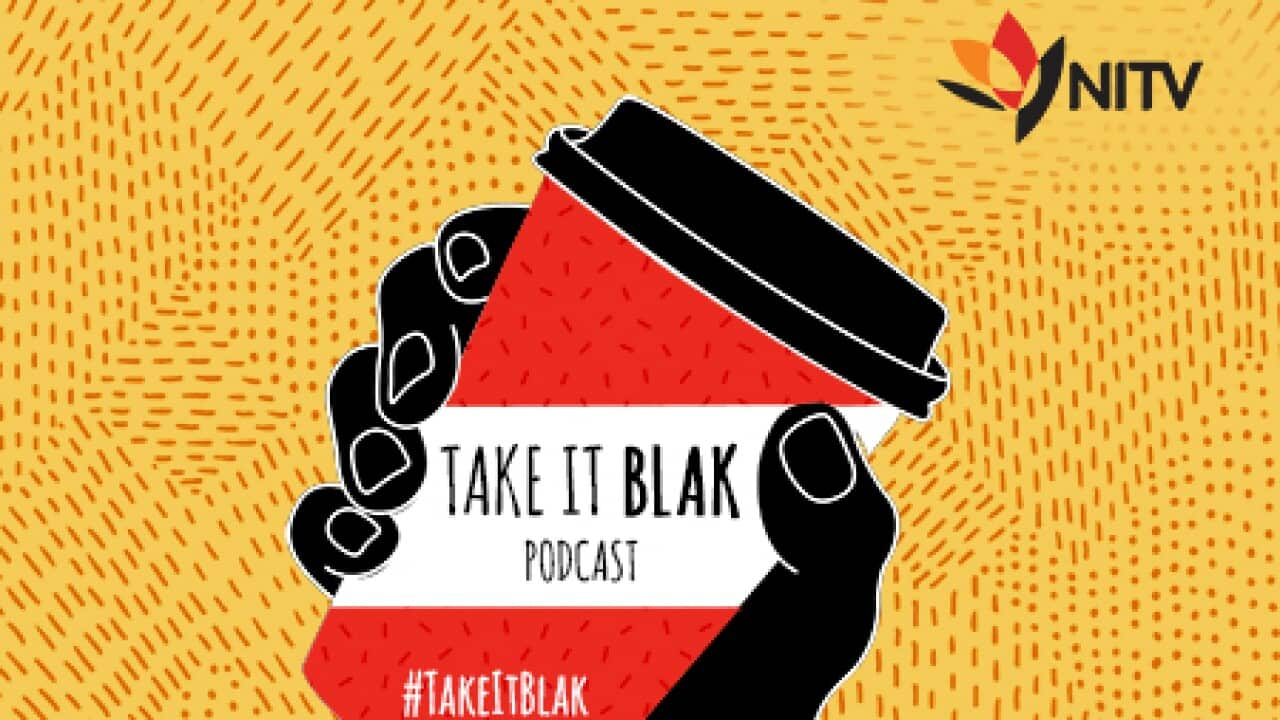If you were lucky enough to stand in the audience at The Espy’s famed Gershwin Room in Melbourne’s St Kilda to watch Archie Roach play songs from Koorie 1988 and yarn about his days living in the beachside suburb, then you know you witnessed a once-in-a-lifetime, historic performance.
Back in the lead-up to the 1988 bicentennial, Archie was angry. Australia was gearing up to celebrate the bicentennial of 200-years of violence perpetrated against Aboriginal and Torres Strait Islander peoples. Living in a flat behind St Kilda’s famed Village Belle Hotel, Archie was recovering from giving up the drink, but instead of picking up a bottle, he picked up a pen and paper.
“I had to find some way to release the frustration I was feeling about the bicentennial. The 60,000 years our people have occupied this country, they seemed to ignore that history and that’s what upset me,” Archie told the audience.
The result became a cassette tape of protest songs he recorded 32-years-ago with longtime partner Ruby Hunter and Wayne Thorpe on didgeridoo.
In 1988, Uncle Jim Berg, founder of the Victorian Aboriginal Cultural Heritage Trust, knew that Archie was writing songs and asked him to write one to accompany an exhibition celebrating Victorian Aboriginal life. So Archie wrote the song Koorie Koorie.
“So hard to live, but you took so much from us and we had so much more to give, Koorie Koorie, don’t you ever die, there’s so much for us to learn together, you and I,” Archie sings.

It was the first time Roach had performed some of his first protest songs since they were first released on cassette in 1988. Source: Supplied
It was one of ten songs Archie recorded for the cassette, a few of which later made it onto his debut album, Charcoal Lane, which was released two years later. All of those songs except Took The Children Away were songs protesting the bicentennial celebrations.
For his return to St Kilda's iconic music venue The Espy, Archie performed four songs from the Koorie 1988 work as part of the local Yaluk-ut Weelam Ngargee Festival.
Open Up Your Eyes was the first, describing looking for the people “I call my own”. Koorie Koorie, a song of loss and sadness was the second.
“You just took so much from her and you’re doing it again,” Archie sings.
"Campfire slowly burning and the Koorie people sleep, Protected by their dreaming that they will always keep.”
The third song, No No No, was one of those that made its way onto Archie’s debut album Charcoal Lane. And the final song was Bicentennial Blues, a classic, angry blues anthem, in which recent ARIA Hall of Fame artist laments that he “just can’t shake the bicentennial blues”.
In between those four songs the crowd was treated to stories about the community that mob created in St Kilda back in the seventies and eighties. Archie was joined on stage by Yaluk-ut Weelam Elder Aunty Carolyn Briggs, Bunurong and Wiradjuri actor and musician Jack Charles, as well as several children of Archie’s sister Alma ‘Alley Cat’ Roach, who passed away in 2003.
Archie also explained why he and his two brothers relocated to the bayside suburb from the inner city northern suburbs of Fitzroy and Collingwood.
“The police here were less interested in harassing us,” he explains. “That’s what we liked.”
After the gig he explained to NITV a bit more about the reality of life north of the river during those decades.
“Back then we used to get harassed a lot in Fitzroy. If you were going somewhere it would take you an hour, every day. We were the parkies. They knew who we were. They just wanted to give us a hard time.”
After he moved to St Kilda, Archie says he loved sitting on the beach in the wind and salty air, with a sense of “free identity”.
At the start of the gig, Archie’s voice was more raspy than audiences have heard him before, but towards the end the hour and a half running time, it's celebrated strength had returned with each song, and reached its pinnacle for a sardonic yodel at the end of Bicentennial Blues.
For a man who’s been singing, yarning and truth-telling for over three decades, those fortunate enough to be watching were seeing an artist at the top of his game.










